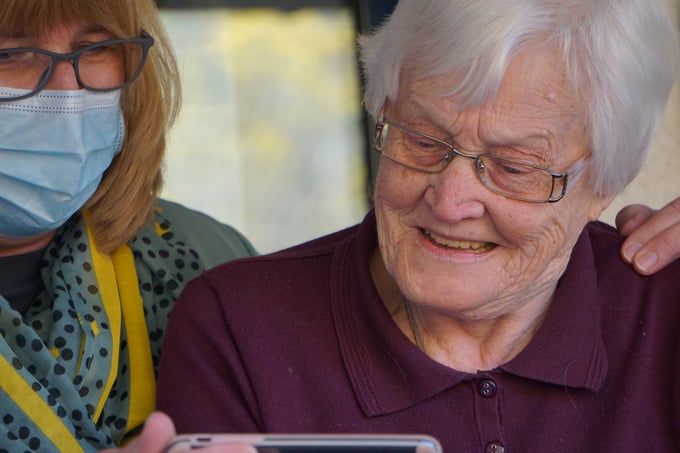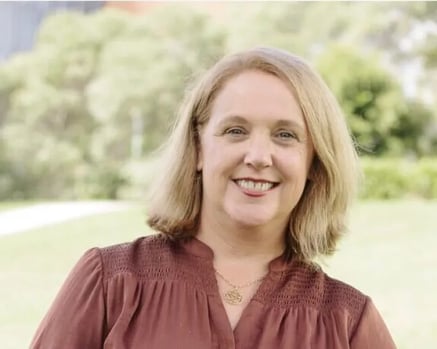Telepsychology Bridging Gap For Aged Care At Christmas
Aged care residents will have the option of telehealth this festive season for mental health support, bridging service gaps during the holiday period, Aged Care News reports.
Isolation at Christmas time can amplify existing mental health issues for older people living in Residential Aged Care Facilities (RACF), already more vulnerable to anxiety and depression than the average population. Add to this reduced supply of in-person care over the holidays, as revealed in Medical Benefits Scheme (MBS) data, and a clear gap exists for elderly Australians needing psychological help.
With telehealth psychological services now a permanent item, elderly Australians with limited access to healthcare now have a way to receive care. Virtual care also connects patients to a wider pool of health professionals from outside of their community. This means elderly Australians have the added benefit of finding a psychologist that best caters to their particular needs.
Dr Annie Banbury, Coviu's Head of Clinical Research, spoke with Aged Care News about recent research on the topic, analysing the effectiveness of telepsychology. A study published in November 2021 showed telehealth was sometimes even more effective than face-to-face care when treating aged care residents.
Annie says online psychology can also be delivered to carers of elderly patients with similarly promising results, “For this particular study, they actually developed an intervention and then split the group into those who received the intervention by telehealth, and those who received the intervention in-person, and there were no significant differences reported in the primary and secondary outcomes."

The article goes on to outline how Coviu's virtual care platform is purpose-built for healthcare and actually includes a number of assessment tools for mental health. Coviu's integrated health tools mean faster diagnosis and quicker waiting times.
Telepsychology through Coviu has far-ranging benefits for aged care mental health support, including for rural and regional Australians, aged care workers, those with neurodegenerative conditions and accessibility challenged individuals. However, Annie stresses that uptake of telehealth for the elderly will rely on aged care coordinators to discuss virtual care options with their older patients.
“It's very easy to assume that older people don't have the necessary digital literacy skills. But these days, many older persons are digitally literate and are very capable of taking part in a telehealth consultation, but I don’t know whether we’ve got to that point where they feel they have the ability to say, ‘this is how I would like to receive my care’.”, says Dr Banbury.
Dr Annie Banbury also discusses virtual care's solution to home care shortages in an article in the Mornington Peninsula News. Importantly, Annie highlights that more training is needed to support aged care staff in transitioning to a 21st century model of online healthcare.


Annie Banbury, Head of Clinical Research at Coviu





